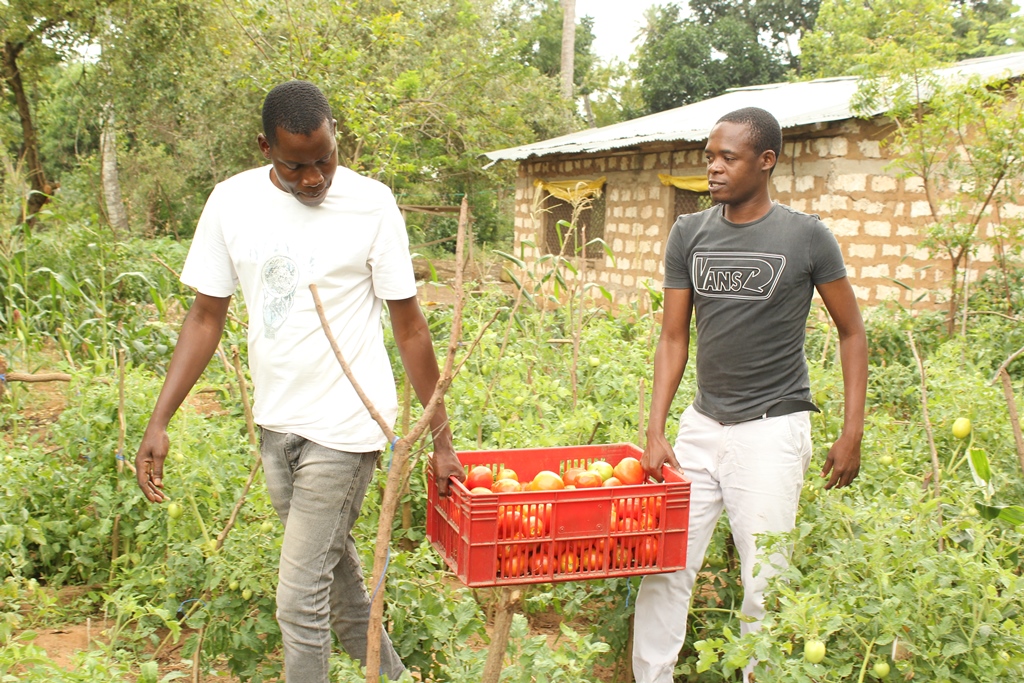Young farmers in Kwale have urged the Ministry of Education (MoE) and other stakeholders to support them in introducing modern agricultural education to help learners contribute to food security efforts and address unemployment.
The appeal was made by members of the Children Empowerment and Development (CHED), a youth-led community-based organisation in Ng’ombeni that has been training schoolchildren on kitchen gardening and climate-smart farming methods.
CHED chair Hamisi Magisu said involving pupils early in agribusiness would help change the perception that farming is outdated and instead position it as a source of income and dignity.
“We want pupils to see agriculture as science, business and a solution to hunger and joblessness,” he said.
The group has already introduced a few school gardens using vertical farming techniques, certified seeds from the Kenya Agricultural and Livestock Research Organisation (KALRO), and skills acquired through the National Agriculture Value Chain Development Project (NAVCDP).
According to Mwagisu, the group plans to reach out to more schools but lacks the resources to spearhead the programme.
He said they urgently need equipment, certified seeds, and financial support to effectively manage and expand the agricultural projects.
Magisu noted that in a few schools, such as Ng’ombeni Primary School where the program has already been rolled out, the initiative has been successful and well-received by both learners and teachers.
READ ALSO:
Another youth, Mohamed Koba, said learners have responded positively, with some even starting vegetable gardens at home.
“When they see crops grow, they get excited and want to teach their families too,” he said.
Koba, however, cited water shortages, and crop diseases as a major challenge in sustaining the school gardens.
He appealed for government support in providing solutions to the water shortages to make the program viable year-round.
Koba said that with the ministry’s backing, agricultural education in schools could be scaled up across Kwale and beyond, turning farming into a respected career path for young people and reducing unemployment in the long run.
By Omar Shaban
You can also follow our social media pages on Twitter: Education News KE and Facebook: Education News Newspaper for timely updates.
>>> Click here to stay up-to-date with trending regional stories
>>> Click here to read more informed opinions on the country’s education landscape






